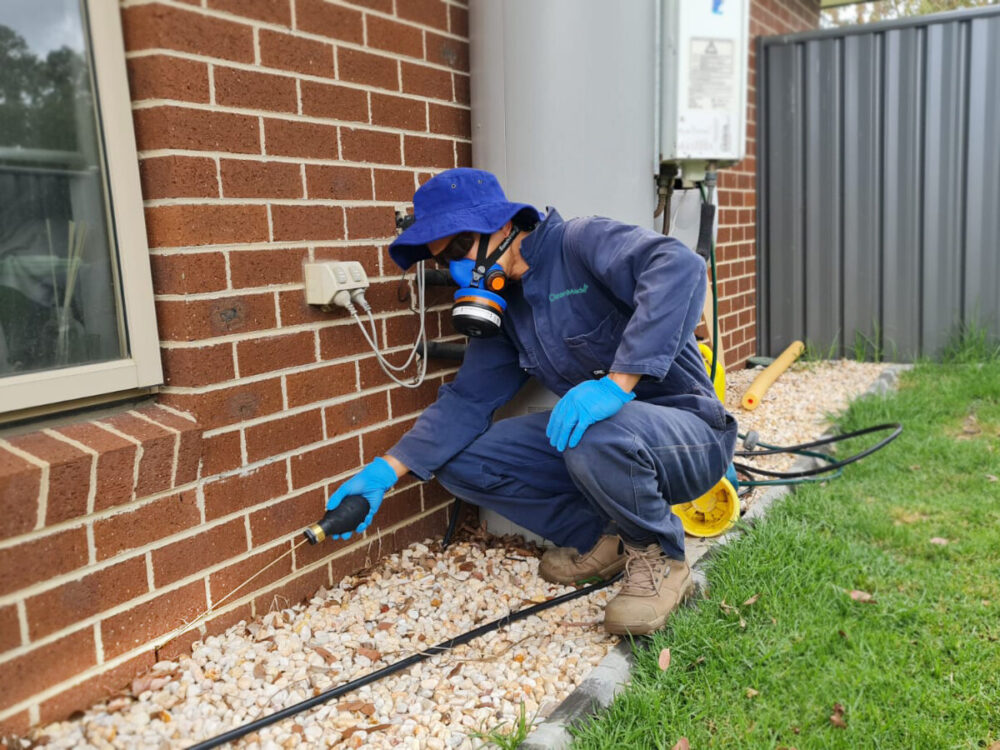
The Benefits of Safe Pest Control Practices
- by admin
Pest control is a necessary aspect of maintaining a safe and healthy environment. From homes to businesses, pests such as rodents, insects, and mites can pose serious health risks and damage property if left unchecked. However, traditional pest control practices often involve the use of harsh chemicals that can be harmful to humans and the environment. This is where safe pest control practices come into play.
Safe pest control practices refer to methods that are designed to eliminate or manage pests without causing harm to people or the surrounding ecosystem. These practices not only protect human health but also promote sustainable living by reducing our carbon footprint.
One of the main benefits of using safe pest control practices is its non-toxic nature. Unlike traditional methods that rely heavily on chemical pesticides, safe pest control methods use natural alternatives such as essential oils, diatomaceous earth, and biological controls (e.g., predators). These options are effective in controlling pests without exposing individuals or pets to harmful toxins.
Moreover, using natural alternatives in pest management reduces air pollution since chemical pesticides release volatile organic compounds (VOCs) into the atmosphere. These VOCs contribute significantly to air pollution which has adverse effects on both human health and ecosystems.
In addition, choosing https://www.oneflare.com.au/b/safe-pest-control safe pest control methods also promotes sustainable living by minimizing environmental damage. Chemical pesticides not only pollute air but also contaminate soil and water sources when they run off from treated areas during heavy rainfalls. This can have detrimental effects on plants and animals within these affected areas.
Furthermore, safe pest control practices help preserve beneficial insects such as bees which play a vital role in pollination for crops and plant growth in general. Chemical pesticides have been linked with colony collapse disorder in honeybees which greatly impacts our food supply chain.
Aside from being environmentally friendly, utilizing safe pest management practices can also save costs in the long run. While traditional methods may seem cheaper initially due to their high effectiveness against pests at first use; over time, pests build up a resistance leading to recurrent infestations, creating the need for repeated treatments. This can be expensive and harmful to the environment in the long run. On the other hand, natural pest management methods are more sustainable and often require fewer treatments.
In terms of personal health benefits, using safe pest control practices reduces exposure to chemicals that can cause skin irritation, respiratory problems and even cancer. These health risks are often mentioned on chemical pesticide labels as precautions for users.
Moreover, choosing safe pest control methods promotes humane treatment of animals. Unlike traps or poisons that may harm or kill animals indiscriminately; using biological controls such as predators only targets specific pests while preserving other beneficial organisms in the ecosystem.
In conclusion, incorporating safe pest control practices not only protects human health but also has positive effects on environmental sustainability and animal welfare. By opting for these alternatives over traditional methods that rely heavily on chemical pesticides, individuals can promote healthy living while protecting our planet for present and future generations.
Pest control is a necessary aspect of maintaining a safe and healthy environment. From homes to businesses, pests such as rodents, insects, and mites can pose serious health risks and damage property if left unchecked. However, traditional pest control practices often involve the use of harsh chemicals that can be harmful to humans and the…
